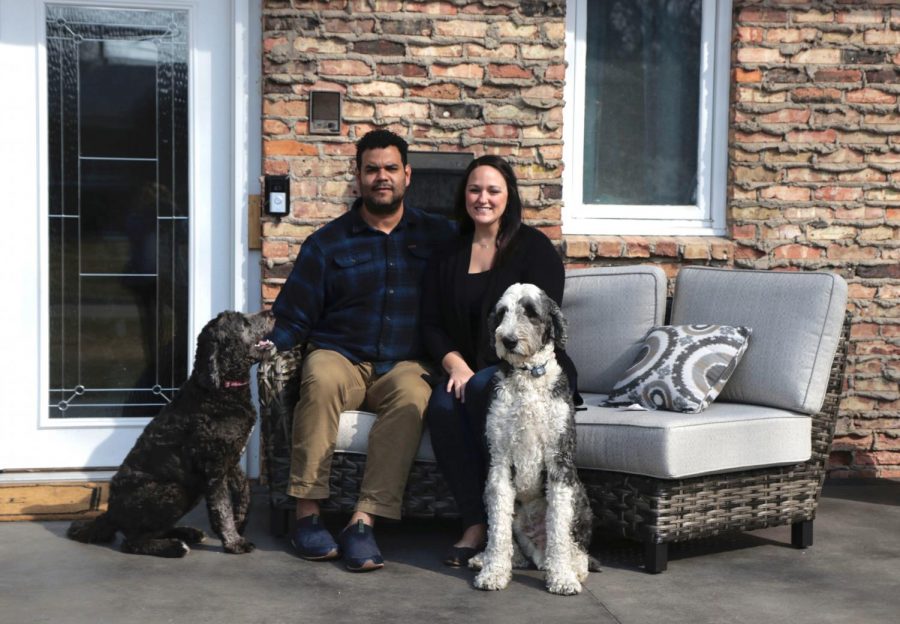The city of Minneapolis signed on to the Just Deeds initiative March 3, creating a free pathway for homeowners to discharge racial covenants that still exist in the deeds to their homes.
Supporters say Just Deeds is an early step in broader discussions about the impacts of racial covenants, which are contracts created in the early 1900s that blocked people of color from owning a property. Seven cities in Hennepin County have decided to take part in the Just Deeds project, and 101 covenants have been discharged so far.
Mapping Prejudice, a University of Minnesota-affiliated group of historians, geographers and community members, partnered with Just Deeds to share its map of racial covenants in Hennepin County. More than 8,000 racial covenants were recorded in Minneapolis.
For homeowners, the process is free and fairly straightforward; they can see on the map if there is a racial covenant on their property and connect with attorneys through the Just Deeds website who help discharge the covenant for free.
Golden Valley city attorney Maria Cisneros, who spearheaded the initiative in 2020, said University students have also volunteered with the project to raise awareness about racism in housing and the lasting effects of these racist policies.
Racial covenants were made illegal with the 1968 Fair Housing Act, but Cisneros said “that was never enough to make the impacts of this go away.”
In 2010, Minneapolis’ population was 69% white. But neighborhoods where racial covenants were common are still 73-90% white, according to data from the city’s Just Deeds website.
In 2019, Minneapolis’ Black homeownership rate was the lowest of any metro area across the country at 25%, and racially segregated neighborhoods tend to have fewer parks, fewer amenities and more environmental hazards.
Cisneros said discharging the covenants is the first step for homeowners and city officials to open a larger discussion on how racial covenants impacted where resources and amenities — like grocery stores, schools and transit — were developed.
“It kind of goes back to the whole nature of white supremacy and our system where it tries to be colorblind or look innocuous, but it is really driving a lot of resource distribution,” Cisneros said. “So we’re trying to think about how all that is connected and what changes we need to make.”
Cisneros started the Just Deeds project after she bought her home with her husband, who is Afro-Latino, and realized that there was a racial covenant on the property.
“If we had been buying this house at the time that my grandparents built a house a mile away … our kids are mixed race; they wouldn’t have been allowed to live here,” Cisneros said.
Looking at the map of Hennepin County, there are large clusters of racial covenants in south Minneapolis and along the borders of the surrounding suburbs.
Dr. Greg Donofrio, a professor of historic preservation and public history at the University, said the racial covenants were a tool of white supremacy.
“There was … a fear, a desire to keep people of color out of the suburbs. Suburbs were designed to be racially exclusive places,” he said.
Kiarra Zackery, equity and inclusion manager for the city of Golden Valley, said she grew up in south Minneapolis where her “dad is the only Black man on his block and has been for 27 years.”
She said her work on this project has been meaningful after seeing the striking differences between her workplace in Golden Valley and her new home in north Minneapolis, which she bought during the beginning of the George Floyd protests.
In Golden Valley, neighbors were able to “walk around in the neighborhood and everything seemed normal” during the protests, Zackery said.
“On the other hand, I had my partner literally staying up all night to protect the sole grocery store in north Minneapolis so it wouldn’t be burned down because there would be nowhere for folks to get food over here,” she said.



















